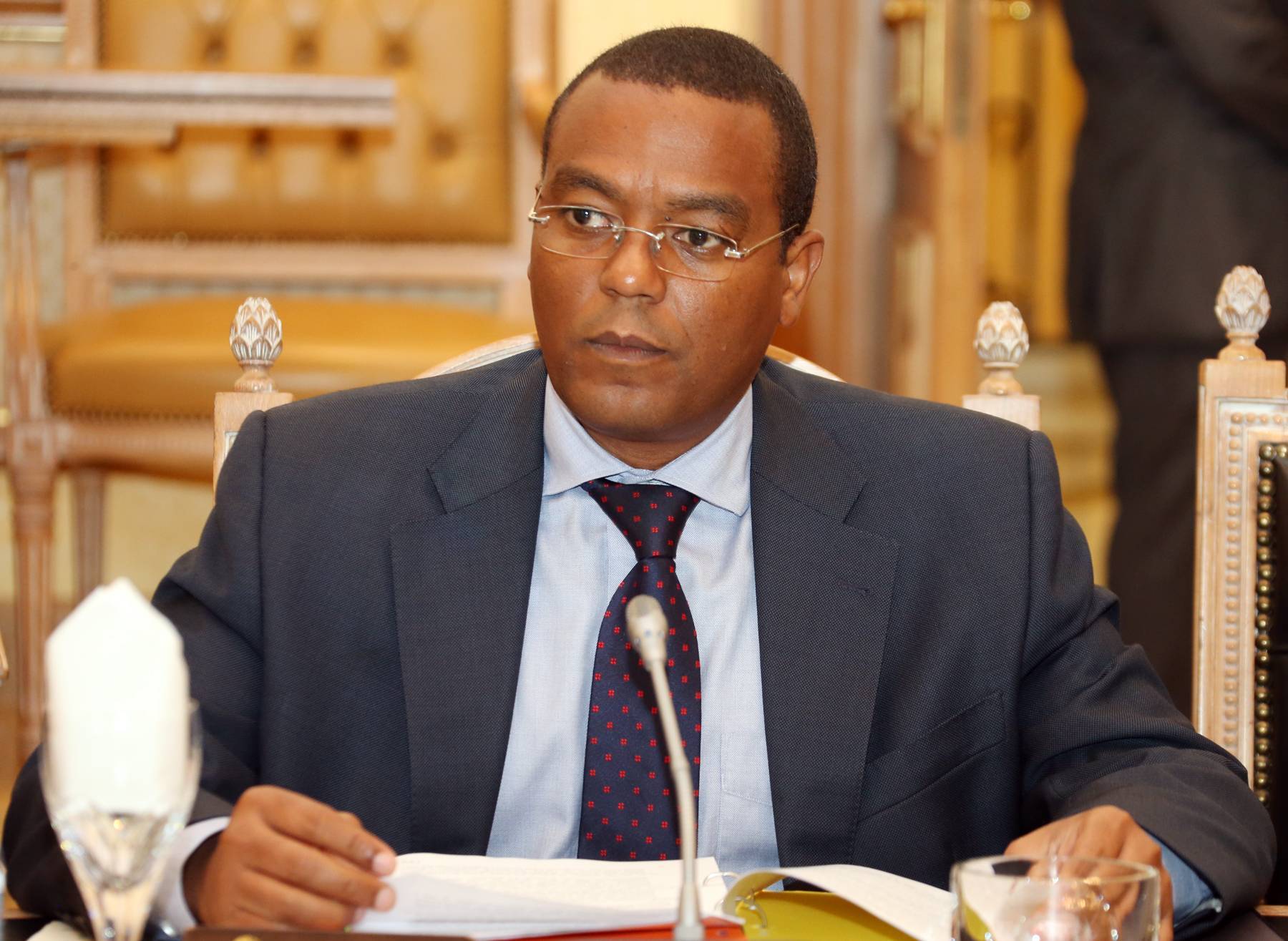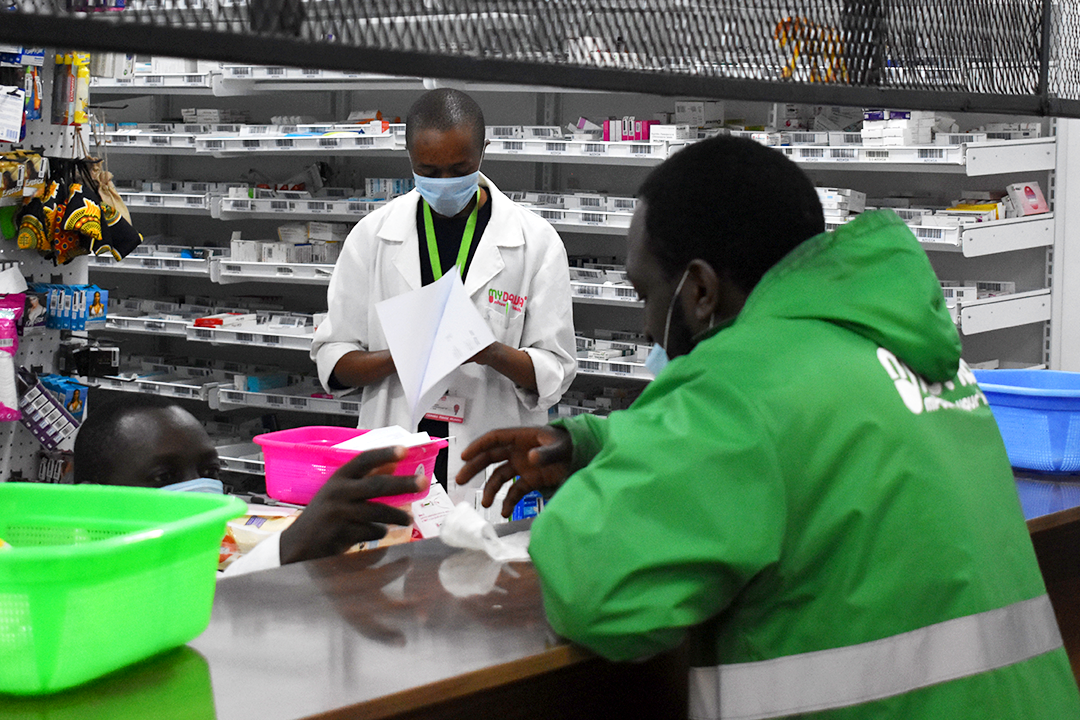From 1884 until the First World War, Cameroon was a German colony. Subsequently, the country was divided into two mandate territories, administered by France and the United Kingdom, respectively.
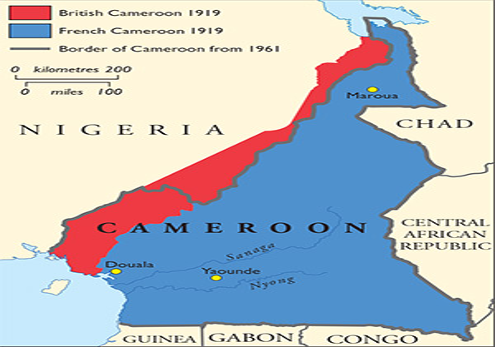 Francophone Cameroon became independent on January 1, 1960, as La Republique du Cameroun. It was the second of France’s colonies in sub-Saharan Africa to be granted independence. The people of British Cameroon had to decide in 1961 whether they wanted to belong to Cameroon or Nigeria. The northern part opted for becoming part of Nigeria, while the southern region formed a federal republic with francophone Cameroon.
Francophone Cameroon became independent on January 1, 1960, as La Republique du Cameroun. It was the second of France’s colonies in sub-Saharan Africa to be granted independence. The people of British Cameroon had to decide in 1961 whether they wanted to belong to Cameroon or Nigeria. The northern part opted for becoming part of Nigeria, while the southern region formed a federal republic with francophone Cameroon.
Cameroon is a member of both the International Organization of La Francophonie and the Commonwealth; the official languages of the country are French and English. In 1972, the federal system was abolished and a unitary state with a central government was formed.
However, the English-speaking Northwest and Southwest Regions retained administrative, financial, legal, and education systems that were based on the British model.
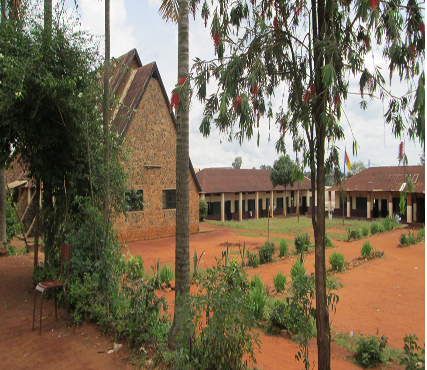 Two issues dominate Cameroon politics in the 1990s. One is a long-running constitutional dispute between the English – speaking southwest of the country and the French-speaking majority. The original federal structure has been replaced in 1972 by a unified republic.
Two issues dominate Cameroon politics in the 1990s. One is a long-running constitutional dispute between the English – speaking southwest of the country and the French-speaking majority. The original federal structure has been replaced in 1972 by a unified republic.
Towards the end of the century, there is mounting clamour from the Anglophone minority for a return to two federated provinces.
Internationally Cameroon is engaged in a long dispute with its neighbour Nigeria over rights in the oil-rich Bakassi peninsula. There are occasional armed encounters on the ground while the issue is considered by the international court of justice.
Some 20 per cent of Cameroon’s people live in these two regions. Many of them feel discriminated against and disadvantaged politically, economically, culturally, and with regard to the justice, administration, and education systems. When increasing numbers of French-speaking judges and teachers were sent to the English-speaking part of the country in 2016, the relevant professional associations called for protest rallies. The central government used force to squash the protests. As a result, the conflict escalated, leading to severe violent clashes between various separatist groups and government security forces. Both sides have been committing massive human rights violations.
Being Anglophone or Francophone in Cameroon is not just the ability to speak, read and use English or French as a working language. It is about being exposed to the Anglophones or francophone ways including things like outlook, culture, and how the local government is run.
Anglophones have long complained that their language and culture are marginalized. They feel their judicial, government and local government systems should be protected. They want an end to annexation and assimilation and more respect from the government for their language and their political philosophies. And if that does not happen, they want a total separation and their own independence.
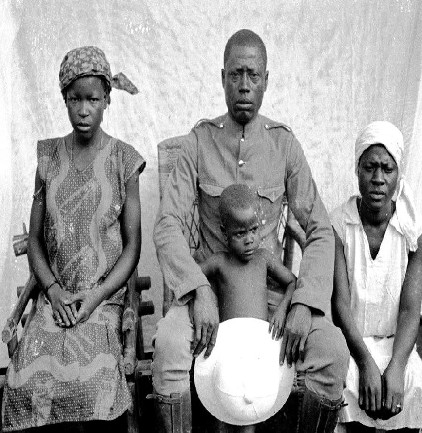 Tensions between English-speaking Cameroonians and the Western-Central African nations. French-speaking government stretches back to the end of colonial rule nearly 60 years. At the heart of the tension is the Anglophone’s desire to form their own independent space, Ambazonia. There have been violent clashes and several protestors have been killed, reportedly by government security forces.
Tensions between English-speaking Cameroonians and the Western-Central African nations. French-speaking government stretches back to the end of colonial rule nearly 60 years. At the heart of the tension is the Anglophone’s desire to form their own independent space, Ambazonia. There have been violent clashes and several protestors have been killed, reportedly by government security forces.
In October 2016, lawyers went on a strike in an effort to force the government to stop appointing Francophone magistrates who spoke no English and had no training in common law to preside over courts in the Anglophone regions. During peaceful demonstrations in the cities of Bamenda and Buea, the lawyers were roughly manhandled by government security forces.
Teachers soon came out in support of the lawyers. They wanted the government to stop posting Francophone teachers who spoke no English to teach subjects other than French in Anglophone schools. People across professions followed the teachers, and Cameroon’s cities became “ghost towns” everywhere on certain days of the week as part of a large-scale stay away.
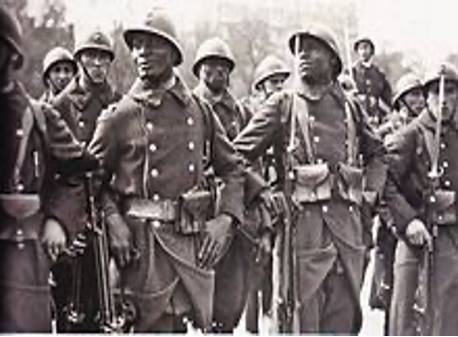 These demonstrations made the government ban trade unions that held strikes. Many of their members, some of whom were engaged in discussions with the government, were arrested and jailed on charges of terrorism and attempts to change the form of the state. The government also shut down the internet and other communication services in Anglophone regions to stop people from sharing information and organizing.
These demonstrations made the government ban trade unions that held strikes. Many of their members, some of whom were engaged in discussions with the government, were arrested and jailed on charges of terrorism and attempts to change the form of the state. The government also shut down the internet and other communication services in Anglophone regions to stop people from sharing information and organizing.
Dialogue and diplomacy are foremost. Cameroon’s leadership must initiate or reinstate dialogue with those representing Anglophone interests. Failing this, the African Union or the United Nations (UN), or both should initiate dialogue.
Cameroon is being haunted by agreements that were never expected, from Foumban Conference to the UN’s resolution regarding autonomy. These agreements must be revisited and respected if the crisis is to end.

